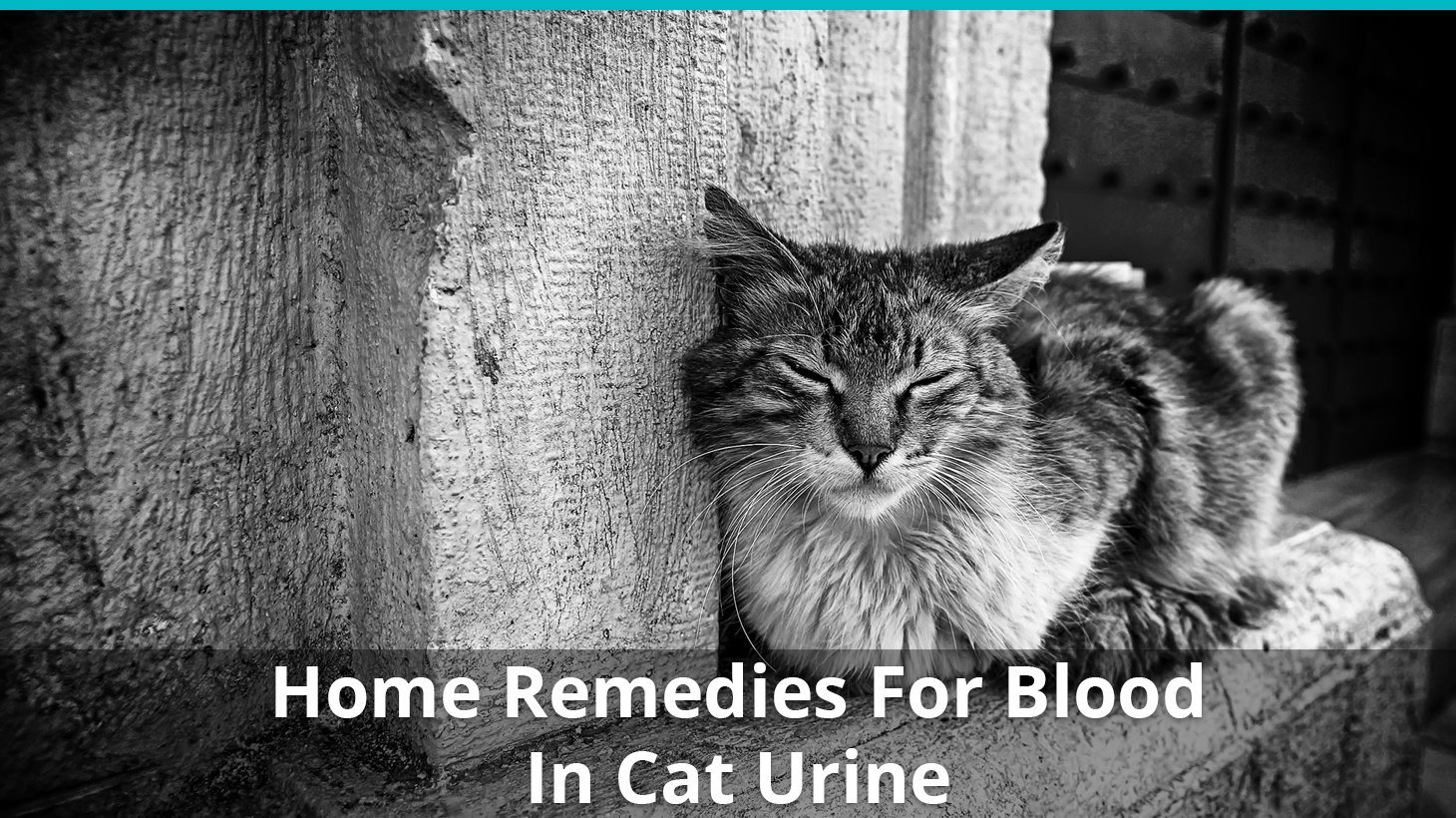Cats can be just as vulnerable to diseases as human babies. Even if you’re the proud owner of an overall healthy feline breed, your cat can still develop health issues.
And one of the most alarming types of health concerns in cats is the variety of issues regarding the urinary tract.
Too little or too much urine is usually a telltale sign that something’s wrong with your precious furball. But what happens when you spot something even more alarming such as blood in the cat’s urine?
It does sound bad, doesn’t it? Truth be told, felines of any breeds and ages can suffer from urinary tract problems.
Blood in cat urine isn’t rare and it occurs in many middle-aged cats or overweight ones. It usually means that something’s blocking the urinary tract or that the kitty’s immune system is overreacting and causing the blood flow.
Why Is There Blood In My Cat’s Urine?
There are numerous health issues, which could be causing this, depending on the kitty’s diagnosis. Here are the most common reasons:
- Bacteria
- Weakened immune system
- Stress and trauma
- Obesity
- Infection/ inflammation
- Bladder stones
- Cancers/ tumors
It’s common for cats to pee outside the litter box when they’re having urinary tract issues. Only a specialized veterinarian can diagnose the real reason behind the blood in your kitty’s urine.
We won’t delve into further details regarding the numerous types of issues and you shouldn’t try to self-diagnose your cat.
What we’ll do, however, is go over some tried and tested home remedies for blood in cat urine.
Home Remedies For Blood In Cat Urine (Especially When She’s Acting Normal)
Here are the easiest and most efficient home remedies for the issue at hand. Whichever method you decide to try, do keep in mind that the vet is the only qualified professional to prescribe medication and medical treatments for your feline pet.
Exercise
Overweight cats are more prone to suffering from this problem than their healthier feline counterparts. If your cat isn’t getting enough exercise, its body will start acting out.
Opt for teaching it how to walk on a leash. If you’re one of those cat owners who prefer to keep their pets strictly indoors, there are many methods to keep them exercised at home.
Purchasing interactive cat toys and engaging in daily play sessions is a good option. Interactive cat trees with lots of activity levels also provide great exercise ideas.
Getting laser-chaser games, fun cat tunnels, or simply teaching your pet how to perform tricks will help it with getting back in shape.
Diet Change
Even if you’re purchasing only decent cat food, your feline furball’s body might need diversity. A strict diet of only dry cat food, especially if it disagrees with your particular kitty, can lead to blood in the urine.
Mix it up now and then. If your kitty has a sensitive stomach, search for products that are specifically manufactured for felines with digestive problems.
Hydration
Cats, unlike humans, don’t have a strong sense of dehydration. In other words, they don’t necessarily feel the need to frequently have a drink.
Dehydration can lead to numerous health issues, so make sure your pet has a constant supply of fresh water in a clean and shallow water bowl.
Don’t swap the water for milk and don’t rely only on the moisture in wet canned food. Felines need water daily and fluids can help treat urinary problems.
OTC Relaxants
One of the reasons for the blood in your cat’s urine could be stress. Try calming down your pet either with pheromone sprays or with natural aromatherapy.
There are many over-the-counter (OTC) relaxants for cats so you don’t need to sedate your pet to ease its anxiety.
Sometimes something as simple as a heat cycle or a noisy environment can severely stress out a cat. Make sure its surroundings are quiet and relaxing.
Vitamins
Opt for giving your furry pal some Vitamin C to boost its immune system and to help it cope with any infections or inflammation. And don’t forget that supplements are never a substitute for high-quality cat food!
PLEASE NOTE: All of the above-mentioned home remedies are just that – home remedies. They aren’t medicines and they can’t fix an undiagnosed health problem.
If you suspect there’s something wrong with your cat, don’t wait till it gets worse. Call the vet and schedule an appointment as soon as possible.
The doctor will carry out full blood and urine tests to determine what’s wrong with your pet and will advise you on the best course of treatment.

